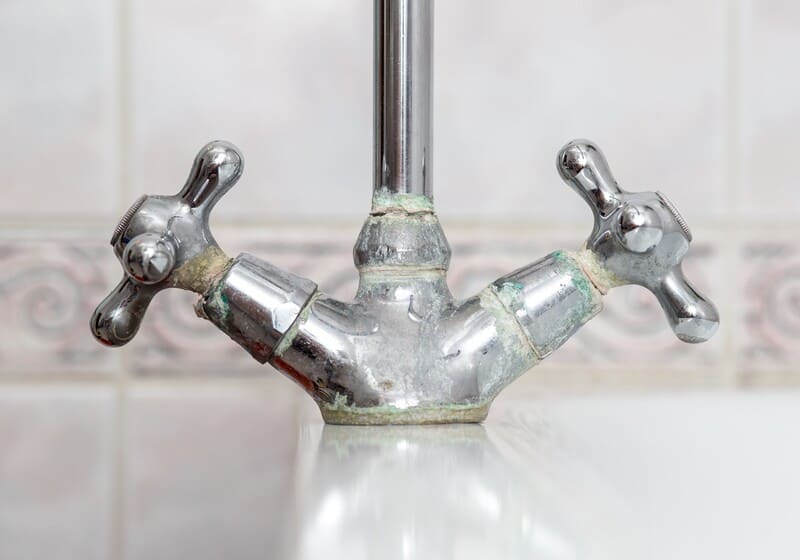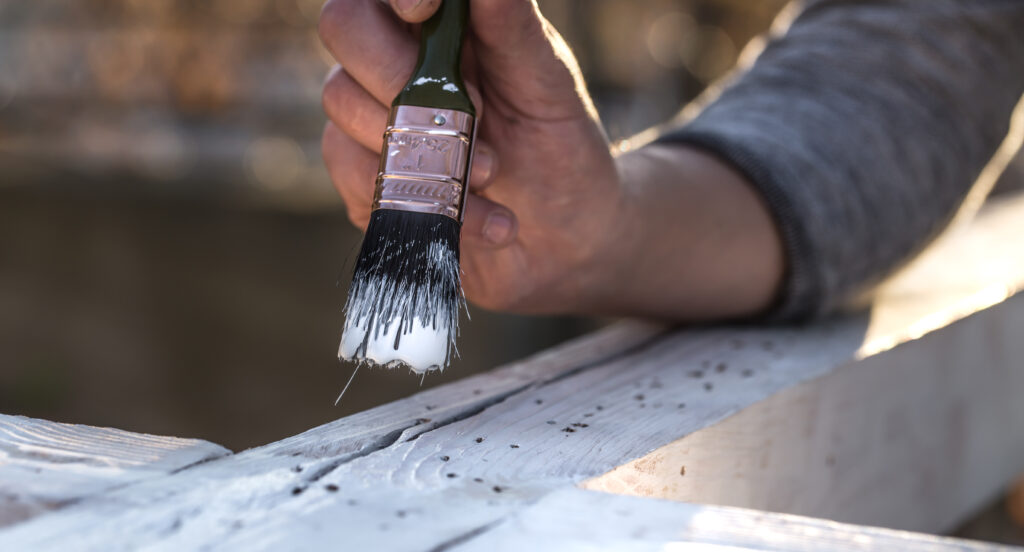Whether your bathroom is old or new, big or small, mildew can set in and make it a less pleasant place to be. Here’s what you can do to mildew-proof your bathroom so the stuff doesn’t have a chance to take over.
First, here’s a quick rundown of the top causes for mildew:
Leaks. Moisture can seep into a bathroom from sources we can’t see, like pipes behind drywall or cracks in grout. Since mildew loves darkness and dampness, it’ll continue to thrive in these places, making it even more difficult to get rid of once you discover it.
A shower that doesn’t get cleaned regularly. It’s a pain to scrub your shower, but it’s worth keeping up with the chore if you want to extend the life of your entire bathroom. Tiles can collect soap and body oil after every use, and over time, these residues can combine with humidity to lead to mold and mildew.
Clogged drains. Soap, hair and other debris naturally lead to a clogged drain from time to time. If you notice your shower draining more slowly than usual, it’s important to grab the Drano right away. Clogs that aren’t attended to quickly will lead to mildew since the yucky stuff the clog is made of (aforementioned soap and hair, plus body oil and dirt) is an ideal space for it to grow.
Inadequate ventilation. Ventilation is incredibly important for any bathroom, and nowadays, there are certain regulations in place to ensure adequate airflow. But if you have an older home, you might be dealing with a space that’s not quite up to code. Inefficient ventilation is a number one cause of mold and mildew since moisture and humidity can get trapped.
Drippy faucets. A drippy faucet means the area underneath will never have a chance to dry out. The constant moisture will inevitably lead to mold and mildew growth.
Now that you know what actually causes mildew, here’s how you can prevent it:
Use Mildew-Proof Paint
Repainting your bathroom is an inexpensive way to prevent long-term mildew growth. Make sure to choose a mildew-resistant paint or to mix in a mildew-resistant additive.
Open Your Window Shades Occasionally
Many bathrooms unfortunately won’t have a window, but if they do, your space will definitely benefit from a little light—mildew hates it! Keep those blinds open for at least an hour or so every day, especially directly after showering. If your bathroom doesn’t have a window, you’re not completely out of luck, your fix just won’t be quite so simple. You’ll need to either leave the light on and remember to switch it off after a period of time so as not to waste energy, or install a timer on your lights so they automatically switch off.
Clean Up Spilled Water Immediately
With all the showering, bathing and handwashing going on, water is going to get around your bathroom. This is especially true if you have kids. That’s perfectly fine, as long as you pay attention to any puddles and clean them up quickly. Standing water will turn into mildew city if left unattended all the time.
Keep Your Bathroom Clean
Experts say you should wipe down your bathroom at least once a week. This goes for fixtures, sinks and the like. Toilets should be cleaned once a week, and your bath and/or shower area should be scrubbed every two weeks. Don’t forget to lift up shower items like shampoo bottles so you can scrub underneath them. Regularly switch out your shower curtain liner and launder any decorative shower curtains once a month or so. Bathroom mold and mildew can be stubborn, so simply keeping up with cleaning will save you so much work in the long-run.
Reseal Your Grout Annually
Grout is pretty porous in the first place, and with constant exposure to water, you can imagine just how susceptible it is to mold and mildew. Scrubbing your grout well during your bi-monthly shower- and bath-cleaning sessions and remembering to reseal it annually will help it stand up better to water.
Call NPI today to schedule your home inspection.
National Property Inspections has the expertise to provide a full report on the condition of your home. Find an inspector near you today to invest with confidence.



